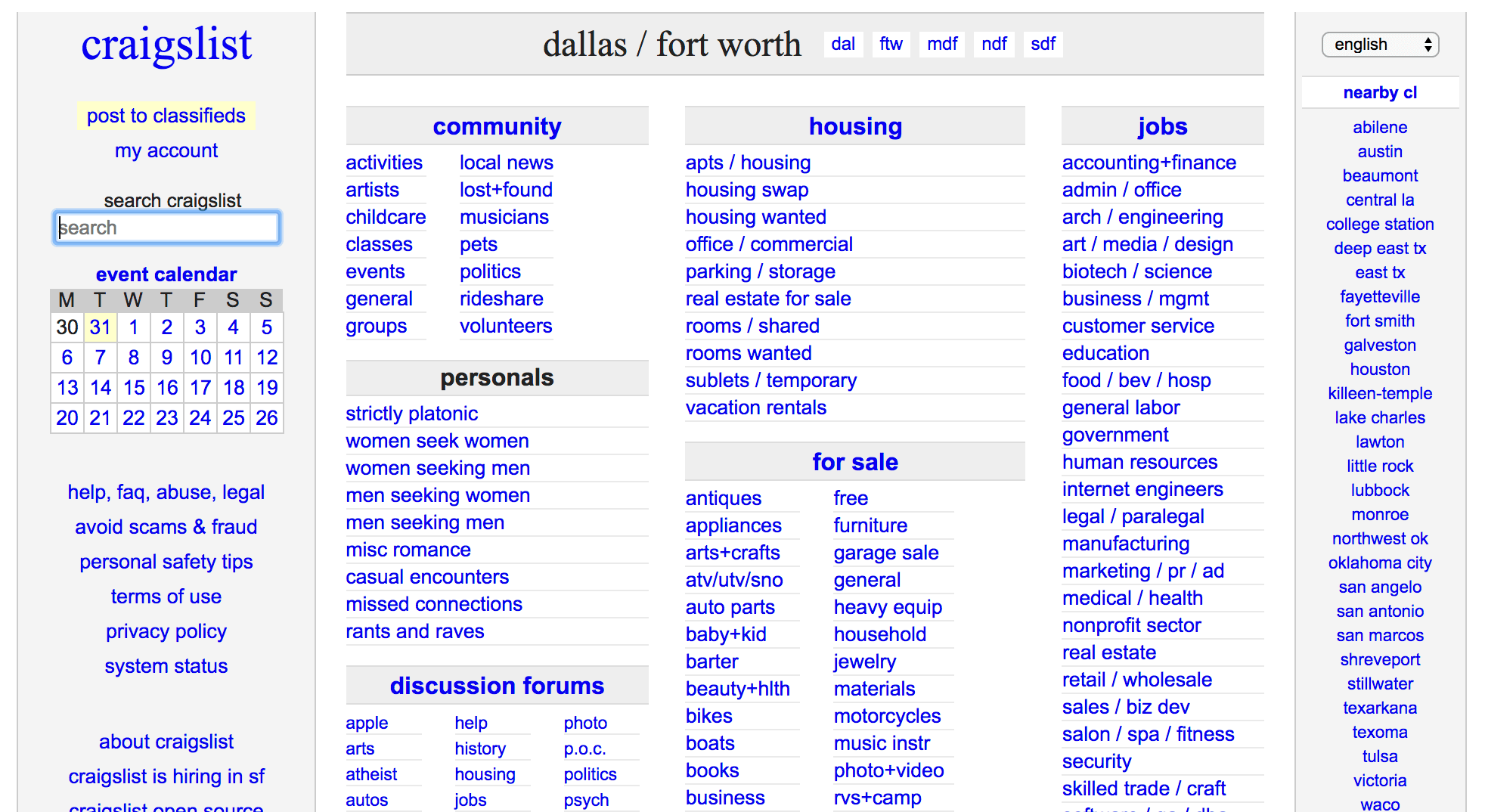Look Who Got Busted Mobile: The phrase, increasingly prevalent in the digital age, encapsulates the rapid spread of news, both true and false, regarding individuals’ missteps. From minor indiscretions to more serious offenses, the addition of “mobile” highlights the role of smartphones and social media in disseminating this information at lightning speed. This phenomenon raises significant questions about privacy, legal ramifications, and the ethical considerations surrounding public shaming in the digital sphere.
This report delves into the meaning and usage of the phrase “Look Who Got Busted Mobile,” exploring its context across various online platforms. We analyze the types of “busts” it commonly refers to, ranging from minor infractions to major offenses, and examine the social and cultural implications of sharing such information. Furthermore, we investigate the potential legal consequences for those involved in spreading false information or violating privacy rights, comparing legal standards across different jurisdictions.
The analysis will consider the impact of mobile technology on the speed and reach of such news dissemination, contrasting it with traditional methods.
Understanding the Phrase “Look Who Got Busted Mobile”
The phrase “Look who got busted mobile” is a colloquial expression used primarily online, often within social media contexts. It carries a connotation of schadenfreude, implying a sense of satisfaction or amusement derived from another person’s misfortune or embarrassment, specifically when that misfortune is publicly revealed or made known through mobile technology. The “busted” refers to being caught doing something wrong, illegal, or embarrassing, while “mobile” specifies that the exposure occurred via a mobile device, such as a smartphone or tablet.The phrase’s meaning is heavily dependent on context.
It can range from lighthearted teasing to a more pointed and malicious commentary. The underlying implication is always that the individual in question has been publicly exposed through their mobile phone usage – a text message, a social media post, a leaked photo, or other digital evidence.
Examples of Online Usage
The phrase’s usage varies across different online platforms. On platforms like Twitter or Instagram, it might accompany a screenshot of an incriminating post or a news article detailing someone’s online misstep. For instance, if a celebrity posts something controversial and it quickly goes viral, one might see comments like “Look who got busted mobile!” expressing amusement or disapproval. On forums or online communities, it might be used to call out a user who has violated community guidelines or been exposed for dishonest behavior.
The context of the specific online space heavily influences the overall tone and intent behind the phrase. A comment on a celebrity gossip site would differ significantly from its usage on a professional networking platform.
Humor and Sarcasm in the Phrase
Often, the phrase is employed humorously or sarcastically. Imagine a scenario where a friend boasts about their impeccable online privacy only to have their embarrassing selfie accidentally shared on their public story. The response “Look who got busted mobile!” would be a playful jab, highlighting the irony of the situation. The sarcasm lies in the contrast between the friend’s self-assuredness and the reality of their digital slip-up.
Similarly, it might be used to playfully mock someone whose carefully constructed online persona is undermined by a revealing mobile phone activity. The humor stems from the unexpected and often ironic nature of the exposure.
Interpretations Based on Context
The interpretation of “Look who got busted mobile” can shift dramatically depending on the surrounding context and the relationship between the speaker and the subject. In a friendly context, it can signify lighthearted teasing or playful mockery. However, in a more hostile environment, it could represent a deliberate attempt to shame or humiliate someone. The tone of voice, accompanying emojis, and the overall online environment all play crucial roles in shaping the meaning.
Get the entire information you require about exclusive ncsu academic calendar the key to managing your academic year – the untold secrets revealed on this page.
A simple statement could easily become a cyberbullying tactic depending on the audience and intent. Understanding the nuances of the online context is therefore crucial in correctly interpreting the phrase’s meaning and intent.
The Mobile Aspect of the Phrase
The addition of “mobile” to the phrase “Look who got busted” significantly alters its context and impact. It highlights the immediacy and widespread dissemination of information in the digital age, specifically through portable devices. The ease with which news, particularly scandalous or embarrassing news, can be captured and shared instantly via mobile phones has profoundly changed the landscape of public perception and reputation.The ubiquity of mobile technology has dramatically accelerated the spread of such news.
A photograph or video capturing an embarrassing or incriminating moment can be instantly uploaded to social media platforms, reaching a potentially massive audience within minutes. This contrasts sharply with the slower dissemination of information in pre-digital eras, where news traveled through word of mouth or more traditional media outlets. The speed and scale of mobile-driven information sharing have amplified the impact of such events, potentially leading to significant consequences for those involved.
Mobile Platforms for News Dissemination
The phrase “Look who got busted mobile” is most frequently encountered on social media platforms like Twitter, Instagram, TikTok, and Facebook. These platforms are optimized for mobile access and are characterized by their real-time, user-generated content. The ease of sharing images and videos directly from a smartphone contributes to the rapid spread of news, particularly those of a sensational nature.
Furthermore, the use of hashtags and trending topics further amplifies the reach of such posts, ensuring that the news travels far and wide within specific online communities.
Mobile Versus Desktop Spread of Information, Look who got busted mobile
The spread of this type of information is demonstrably faster and more extensive on mobile devices than on desktop computers. The immediacy of capturing and sharing content directly from a smartphone allows for a quicker dissemination of news. Moreover, the inherent portability of mobile devices allows for sharing in various locations and circumstances, expanding the potential audience exponentially.
While desktop computers might offer greater editing capabilities, the speed and convenience of mobile platforms make them the primary driver for the rapid spread of news, especially breaking news or sensational stories. For instance, a video of a celebrity’s public mishap captured on a bystander’s phone is likely to go viral on social media long before a news organization could process and publish a formal report on a desktop computer.
This demonstrates the clear advantage mobile devices hold in disseminating this type of information.
Social and Cultural Implications

The public sharing of news regarding someone’s arrest, often amplified by the phrase “Look who got busted,” carries significant social and cultural implications, impacting both the individual involved and the broader community. This practice raises crucial questions about privacy, justice, and the role of digital platforms in shaping public perception.The rapid dissemination of such information through social media platforms like Twitter, Facebook, and Instagram dramatically alters the traditional process of legal proceedings.
Information, often unverified and potentially biased, spreads instantaneously, potentially pre-judging the individual before any legal process has concluded. This creates a public trial before a formal trial even begins, leading to potential reputational damage and social ostracization.
The Impact of Social Media on Dissemination
Social media’s inherent virality accelerates the spread of arrest information, often without context or consideration for the individual’s rights. A simple post can reach thousands, even millions, within hours, creating a snowball effect of speculation, judgment, and sometimes, even harassment. The anonymity offered by some platforms can embolden users to share insensitive or even defamatory comments, further compounding the negative consequences for the person involved.
The lack of fact-checking and the prevalence of misinformation exacerbate this problem, transforming a factual event into a distorted narrative. For example, a photo of an arrest might be shared out of context, leading to misinterpretations and unwarranted public anger.
Ethical Considerations in Sharing Arrest Information
Sharing information about someone’s arrest necessitates careful consideration of ethical implications. The potential for damage to reputation, career, and personal relationships is substantial. Before sharing such information, individuals should consider whether the information is accurate, whether sharing it serves a legitimate public interest, and whether it could cause undue harm. The principle of “innocent until proven guilty” is frequently disregarded in the rush to share sensational news, violating fundamental principles of fairness and due process.
Furthermore, the potential for perpetuating harmful stereotypes and biases needs careful consideration. For instance, sharing arrest information with racial or socioeconomic commentary can fuel discriminatory narratives and further marginalize already vulnerable groups.
Potential Consequences for Sharers and the Accused
The consequences of sharing or being the subject of “Look who got busted” posts can be severe and far-reaching.
- For those sharing the information: Legal repercussions, including defamation lawsuits; damage to personal reputation; social ostracization; employer sanctions.
- For the accused: Job loss; damage to personal relationships; difficulty securing housing or loans; mental health challenges; difficulty reintegrating into society; increased scrutiny from law enforcement.
The ubiquitous nature of mobile technology has amplified the reach and impact of the “Look Who Got Busted Mobile” phenomenon. While the phrase often serves as a source of amusement or schadenfreude, it highlights critical ethical and legal considerations. The speed at which information spreads online, coupled with the potential for misinformation and the violation of privacy, underscores the need for responsible online behavior and a deeper understanding of the legal consequences of sharing personal information without consent.
Navigating this digital landscape requires careful consideration of both personal actions and the potential impact on others.



